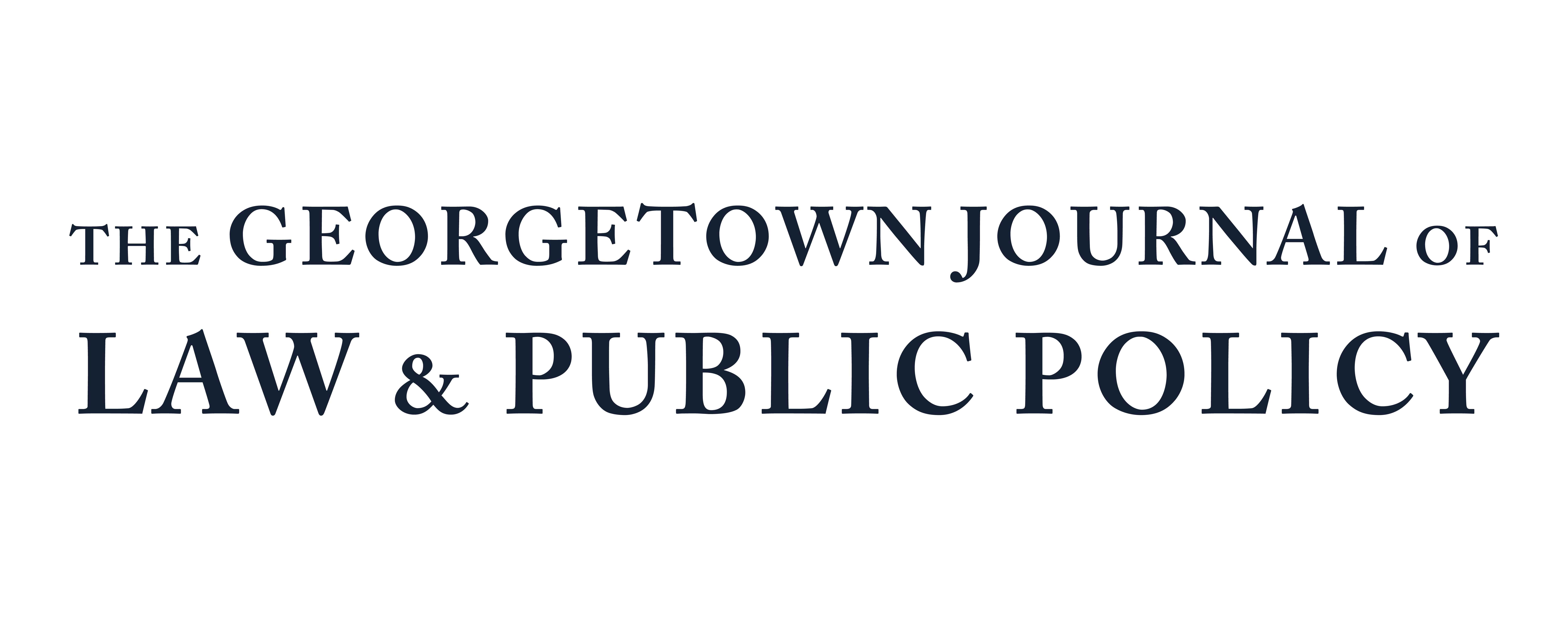Guiding Presidential Clemency Decision Making
The Article II Pardon Clause empowers the President to grant clemency to any offender for any reason that he or she deems justified. The clause contains only two textual limitations. The President cannot excuse someone from responsibility for a state offense, nor can he prevent Congress from impeach-ing and removing a federal official. Otherwise, the President’s authority is exclusive and plenary. It is, perhaps, the only surviving aspect of the royal prerogatives.
What the clause does not do is give the President a standard, a guideline, or a decision tree for making clemency decisions. There is a consensus that some reasons are entirely legitimate, even laudatory, grounds for clemency, such as freeing someone who was erroneously convicted, who is suffering under an unduly onerous punishment, or who has atoned for his crimes and turned his life around. Nevertheless, neither the President nor the Department of Justice Pardon Attorney, who is responsible for managing the government’s clemency process, has devised a standard for the President to use when making clemency decisions. The Pardon Attorney has compiled a list of relevant factors but has not identified which ones are necessary and sufficient, nor has that official assigned those factors an ordinal relationship or different weights. The result is that a President is left to act like a chancellor in equity by relying on his subjective assessment of the “the totality of the circumstances.”
This Article discusses the need to make pardon and commutation decisions in a reasonable, orderly manner that would systematize and regularize the Pardon Attorney’s recommendation process and the President’s decision making. An objective approach would help the President make decisions consistent with longstanding rationales for punishment. The hope is that, in doing so, the President will be able to act justly as well as to persuade the public that the federal clemency system is open to all, not merely to the President’s political, financial, or personal allies, cronies, and friends.
Keep Reading: Guiding Presidential Clemency Decision Making
Subscribe to GJLPP
